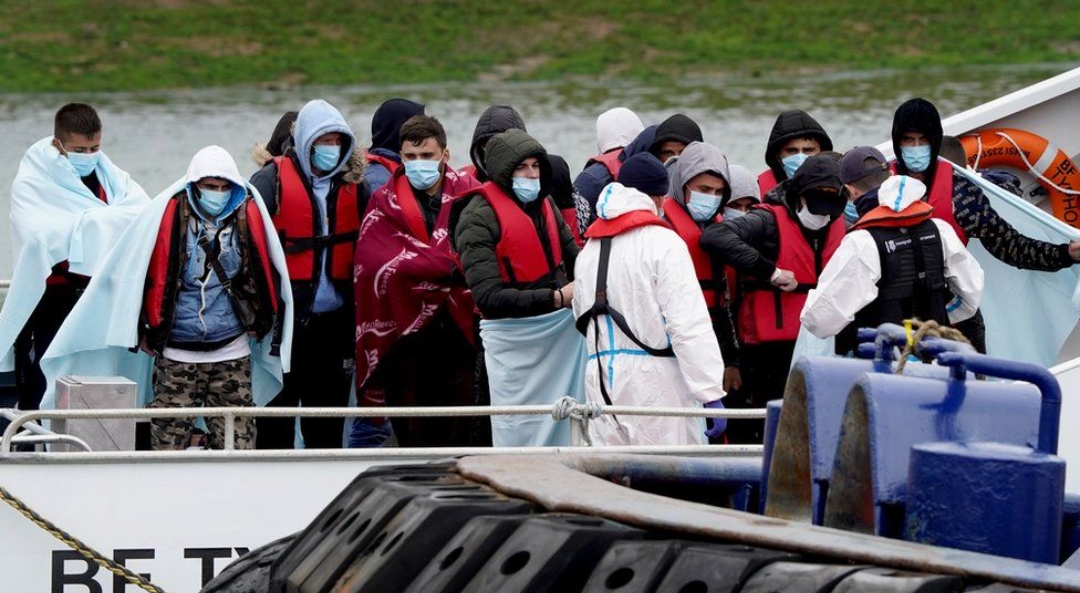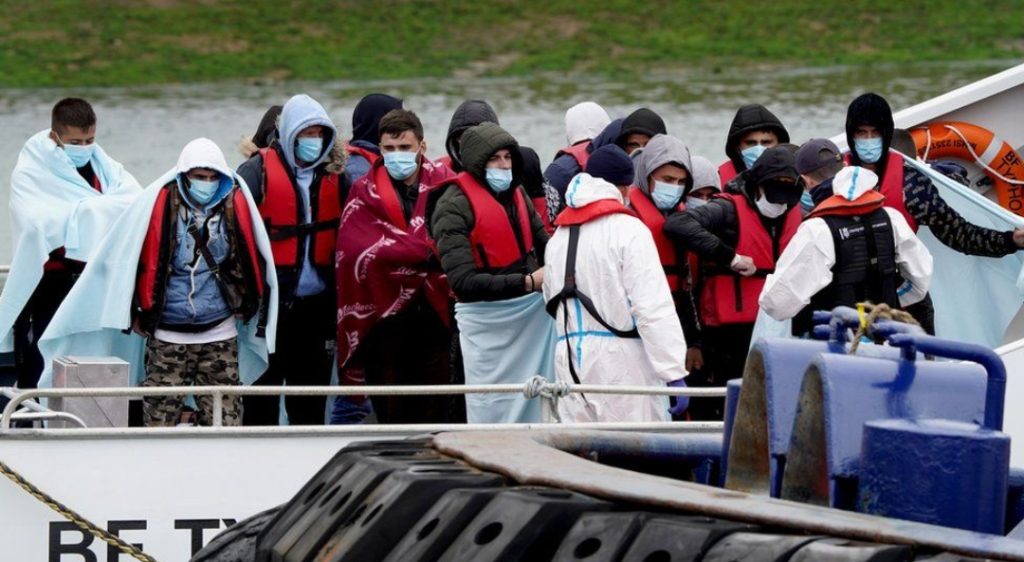Hidden Agenda Behind Sunak’s Immigration Cuts Exposed! Shocking Revelation Unveils the Real Motive

Rishi Sunak has vowed to take action on the “very large numbers” of net migration after official figures showed it reached record levels last year. The Prime Minister said he inherited high net migration from previous governments but is “determined to do what is necessary” to reduce it to “sustainable levels”.

The difference between immigration and emigration hit an estimated 745,000 in the year to December 2022. This is the highest number since current records began in 1991. The Office for National Statistics (ONS) attributed the rise to unique world events as well as an increase in international students arriving in the UK.
According to The Standard, Sunak insisted the government is already taking steps to curb immigration. “We are clamping down on the number of dependents that people who are students coming here can bring, that will impact over 150,000 student dependents,” he said during a visit to Guildford. “It’s a very significant measure which is coming in next year.”
The Prime Minister added that the government is also raising visa fees and enforcing stronger rules to tackle illegal migration. “You will see the effects of that coming through in future migration statistics,” he stated.
However, Sunak admitted there is currently a backlog of asylum claims that needs addressing. The Home Office has come under fire for lengthy delays in processing claims from refugees. Sunak promised to “grip this problem, speed up processing and remove those who do not have a legitimate claim”.
Keir Starmer, leader of the opposition Labour Party, accused the Conservatives of breaking past promises to reduce immigration. He argued this has damaged public trust and fueled anti-migrant sentiment.
“The government has lost control of our borders,” Starmer said. “They make promises on immigration but repeatedly break them and undermine public trust.”
The Labour leader called on the government to focus on making the immigration system work effectively rather than setting arbitrary migration targets. He also stressed the need to tackle labour shortages in key sectors like the NHS.
Some business groups have warned against dramatic cuts to immigration amid skills and labour shortages. The Confederation of British Industry said reducing migration must be balanced with the needs of the economy.
However, the government faces pressure from some Conservative MPs to take a harder line on immigration. The COVID-19 pandemic led to a dip in net migration but figures have rebounded sharply as travel restrictions eased.
Sunak insisted he wants migration at a “sustainable level” and promised to listen to businesses’ concerns. But he emphasized the need to fulfill promises made to voters on immigration. With the next general election looming, the issue looks set to become a key battleground once again.




